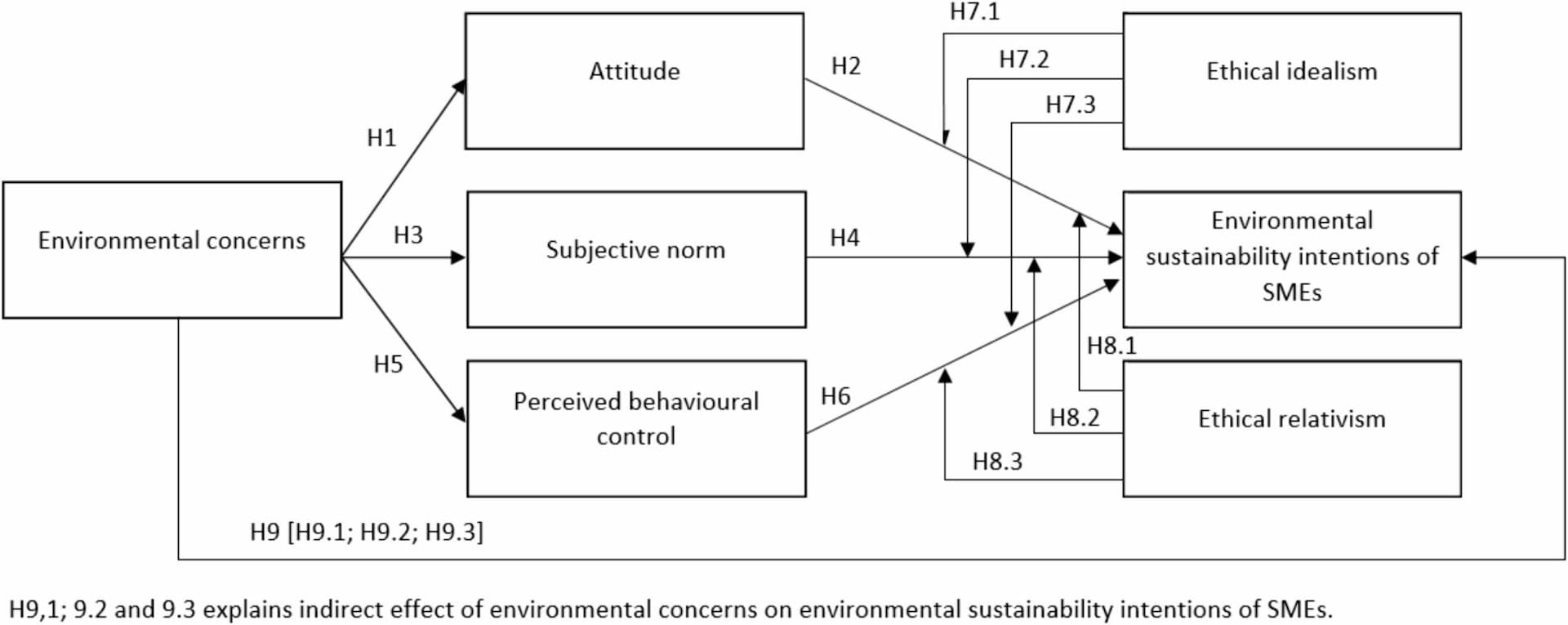
We are delighted to announce that Dr. Subburaj Alagarsamy, Dr. Sunitha Prabhuram, and Dr. Rajani Ramadas from MAHE Dubai have successfully published their research paper titled “Assessing the Mediating Role of Planned Behavior and Moderating Effects of Ethical Ideology in Immigrant Family-Owned SMEs Sustainability Intentions” in the highly reputed journal Corporate Social Responsibility and Environmental Management.
This journal is indexed in Scopus Q1 and Web of Science Q1, classified ABDC - C, and carries an Impact Factor of 9.1, underlining its global recognition for publishing impactful research in the fields of sustainability and corporate responsibility.
About the Research
The study investigates the impact of environmental concern on environmental sustainability intentions among immigrant family-owned SMEs in the UAE. It focuses on:
The mediating role of Theory of Planned Behavior (TPB) constructs - attitude, subjective norms, and perceived behavioral control.
The moderating role of ethical ideology - ethical idealism and ethical relativism.
Key Findings
TPB constructs partially mediate the effect of environmental concern on environmental sustainability intentions.
Ethical idealism strengthens the positive link between attitude/subjective norms and sustainability intentions.
Ethical idealism weakens the link between perceived behavioral control and sustainability intentions.
These insights offer a nuanced understanding of how both behavioral and ethical factors influence sustainable practices in immigrant-led SMEs.
Methodology
Utilizing a quantitative approach, the research collected and analyzed data from 270 immigrant entrepreneurs using Partial Least Squares Structural Equation Modeling (PLS-SEM). This robust statistical analysis provided deeper clarity on the relationships between environmental concern, behavioral constructs, ethical beliefs, and sustainability intentions.
Why This Matters
The findings present actionable guidance for policymakers, educators, and industry leaders on how to foster sustainability in immigrant-led SMEs - a vital sector in the UAE’s economic landscape. It also reinforces the importance of embedding ethical and behavioral training into entrepreneurial education to build a more sustainable business ecosystem.
This achievement is a testament to MAHE Dubai’s commitment to producing high-quality, impactful research that bridges academic theory and industry practice.
We extend our warmest congratulations to Dr. Subburaj, Dr. Sunitha, and Dr. Rajani for their exceptional contribution to sustainability research.
Click here to read the research.

